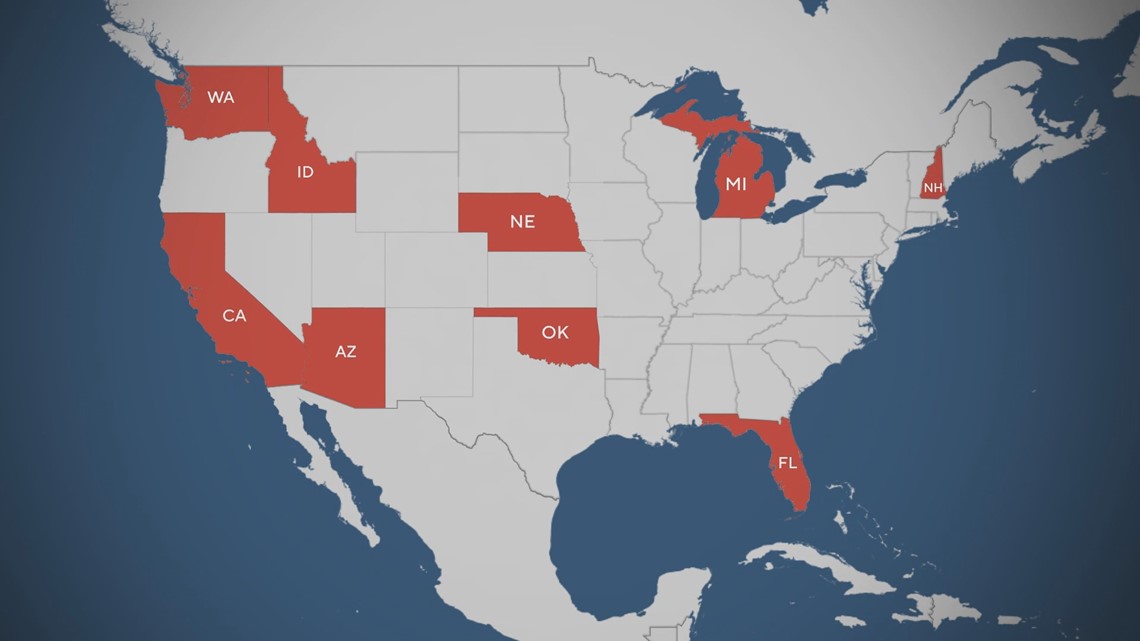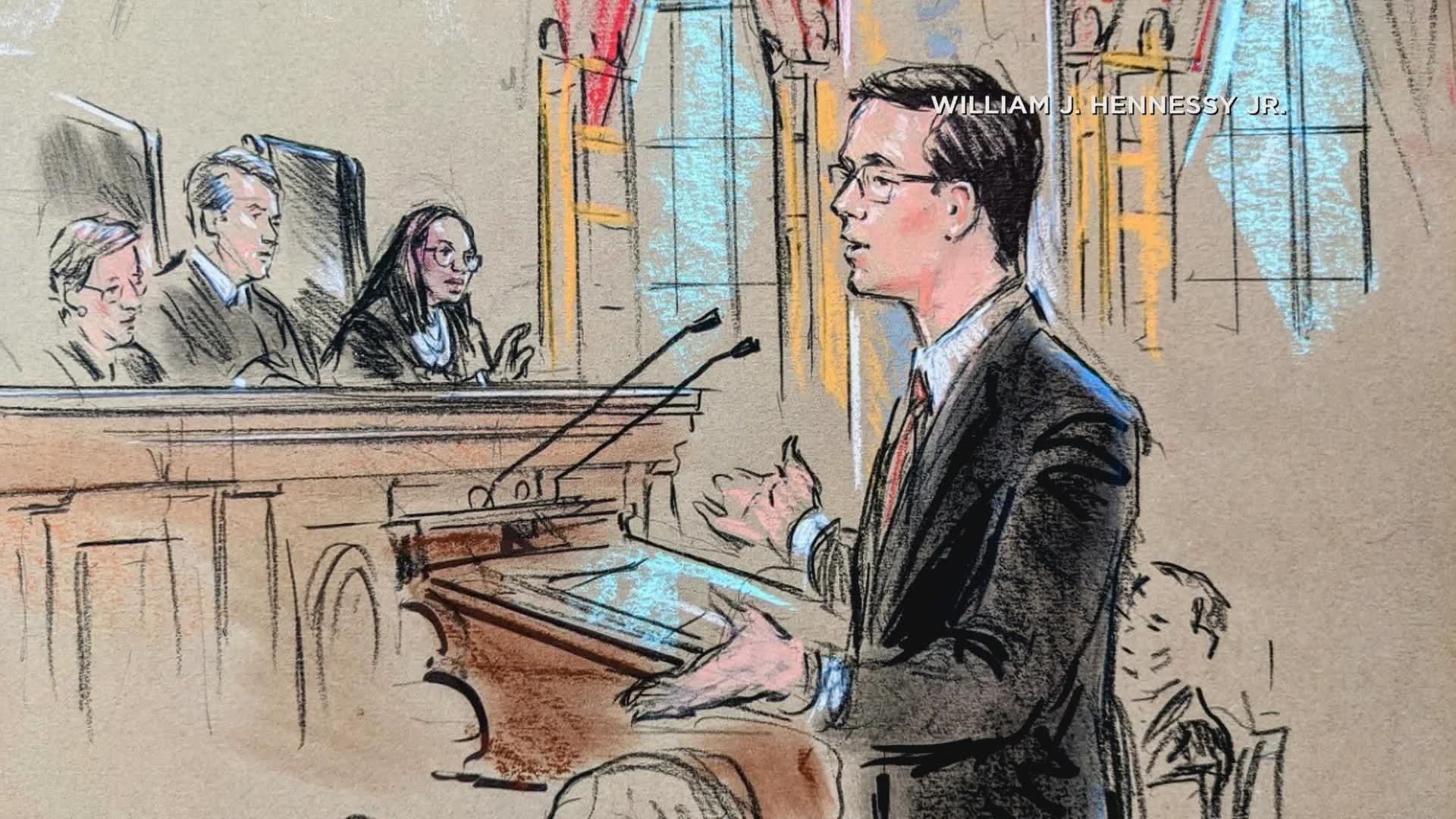CHAPEL HILL, N.C. — University of North Carolina at Chapel Hill law professor Ted Shaw said race should still be a consideration when it comes to college admissions following arguments before the Supreme Court Monday over college affirmative action efforts.
"Our country, as wonderful as it is, has a long and troubled history with respect to issues of race, certainly it’s true with respect to African-Americans but it’s also true with respect to LatinX people, some Asian Americans and there’s been a lot of discrimination and exclusion," Shaw said. "The notion that the way we solve that or we take care of that is to gouge out your eyes in the interest of what you purport to be color blindness is an absurd notion."
The Supreme Court heard arguments on two cases involving affirmative action in college admissions at the University of North Carolina at Chapel Hill and Harvard University. Justices on the courts conservative bloc questioned attorneys for the two universities about whether race even needed to be considered when looking at someone's college application.
"Why do you have these boxes? Why do you give a student the opportunity to say this one thing about me, 'I'm Hispanic, I'm African American, I'm Asian?' What does that in itself tell you?" Justice Samuel Alito asked.
Shaw has spent most of his career as a civil rights attorney and is the Julius L. Chambers Distinguished Professor of Law and Director of the Center for Civil Rights at UNC-Chapel Hill. He was at the Supreme Court in 1978 when justices decided the landmark Regents of the University of California v. Bakke case, which declared affirmative action constitutional but racial quotas for college admissions unconstitutional. Shaw said he was also involved in Grutter v. Bollinger, a 2003 Supreme Court decision on affirmative action in college admissions.
On Monday, Shaw was in the courtroom as the justices heard arguments. He said less than two percent of applications to UNC-Chapel Hill consider race in any significant way, but it's still important to make sure everyone gets a fair shot.
"There’s a false equation between efforts to include people that are conscious of race, which they really almost by definition need to be to achieve the goals of inclusion, and on the other hand efforts to (...) exclude people based on notions of racial inferiority and superiority and antipathy," Shaw said."
Nine states ban affirmative action in college admissions and Shaw said this has led to fewer minority students. Nine percent of students at UNC-Chapel Hill are African-American, but if the Supreme Court rules affirmative action unconstitutional, Shaw said that number could go down.


According to Shaw, with a conservative-leaning Supreme Court, they are likely to rule against affirmative action in higher education. This ruling, he said, could have broader implications.
"Depending on what is written and how it’s written, if the court were to strike down its precedent, it it could apply more broadly than education," said Shaw. "But even if it’s not written as broadly as that, there’s a good chance it will impact employment. It will impact other areas of American life."
The court is expected to announce its ruling in the summer of 2023.

